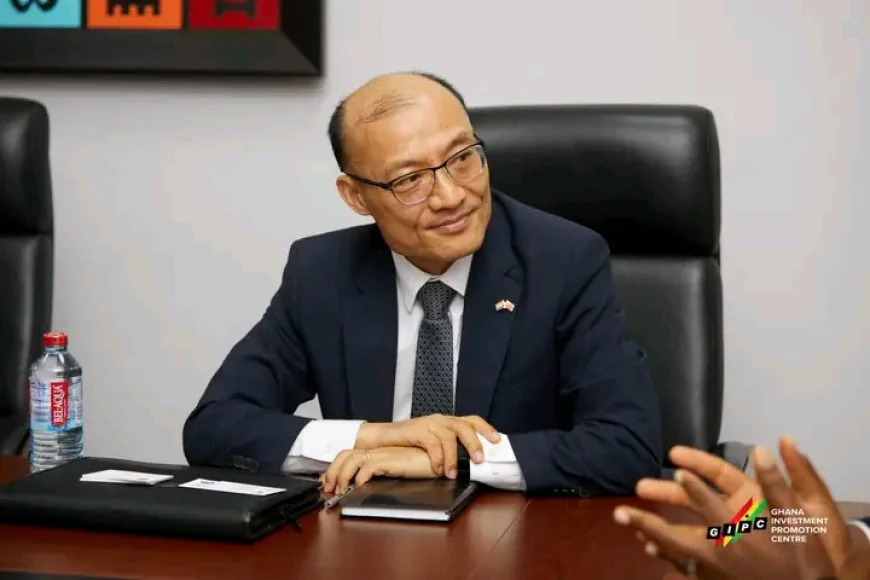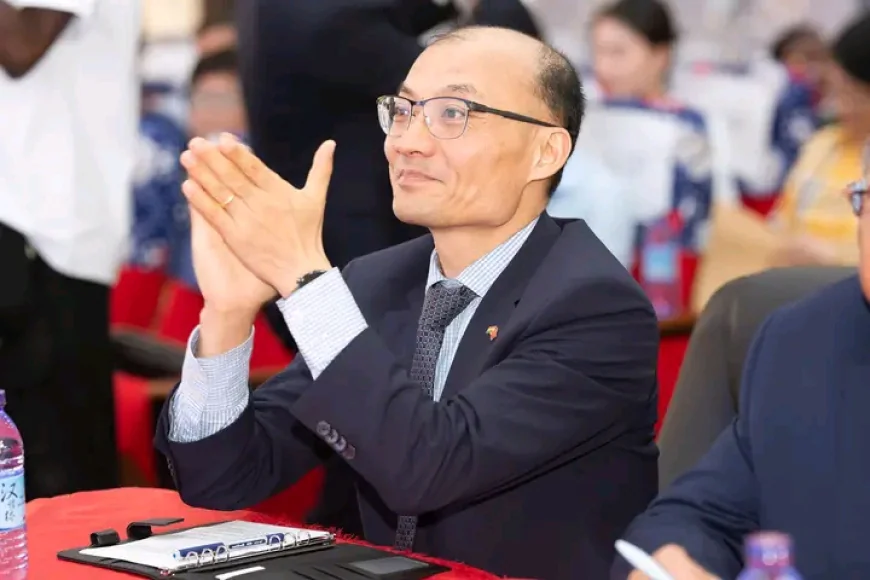We Cannot Drink Roads: Ghana Must Choose Between Development and Destruction
The Chinese Ambassador’s remarks exposed more than foreign defiance — they revealed Ghana’s complicity in environmental collapse.
“We build your roads, yet you say we destroy your rivers.”
— Chinese Ambassador to Ghana
This statement, recently made by the Chinese Ambassador, was intended as a defense of China’s role in Ghana’s infrastructure. Instead, it struck a national nerve — and opened a wound we can no longer ignore.
Yes, roads have been constructed. Highways now cut through forest and field, linking remote communities to urban centers. But as these roads rise, our rivers — from the Pra to the Offin to the Ankobra — have been choked with sludge, poisoned by mercury, and sacrificed at the altar of galamsey.
We must ask ourselves: at what cost?
The Hard Questions
Illegal mining — or galamsey — has evolved. It is no longer the desperate act of a few unemployed youth. It is now a well-organized, well-financed, militarized operation, enabled by foreign actors and protected by powerful locals.
Experts and ministers alike have called it environmental terrorism — a direct, sustained assault on Ghana’s ecology and sovereignty.
But the most pressing question isn’t just about those who wield excavators in riverbeds. It’s about those who gave them access.
-
Who signed the permits?
-
Who took the bribes?
-
Who looked away while the rivers died?
Blame Is Easy. Accountability Is Hard.
It is convenient to point fingers at foreign nationals. But the painful truth is this: Ghana has failed Ghana.
From traditional leaders to political appointees, too many have been complicit. This isn’t just a policy failure — it is a moral collapse. And it is our children who will bear the consequences.
Every destroyed river had a local gatekeeper. Every poisoned waterway had someone who chose silence over stewardship. Foreign actors pursue their interests. It is our job to defend ours.
Development or Destruction?
Let us not be fooled.
A tarred road to a village without drinkable water is not development.
A high-speed highway that leads to ecological ruin is not progress.
No kilometer of asphalt can replace a poisoned river.
True development builds and protects. It connects people without disconnecting them from their environment. It uplifts without uprooting.
So again, we must choose:
-
Roads or rivers?
-
GDP growth or a livable future?
The Way Forward
Ghana still has a choice. But time is running out.
We must act — not with slogans, but with resolve:
-
Prosecute not only illegal miners but also their financiers and political enablers.
-
Reclaim and restore our rivers through nationwide cleanup and reforestation.
-
End impunity within regulatory bodies and local government.
-
Educate and equip communities to become environmental watchdogs.
-
Restructure foreign investment deals to include strict environmental accountability.
Conclusion: Choose Life
We have been silent for too long. Now is the time to speak — not with platitudes, but with action.
We cannot drink roads.
We cannot farm concrete.
But we can choose life — and we must.
Ghana must decide:
Development or destruction?
The time to choose is now.




